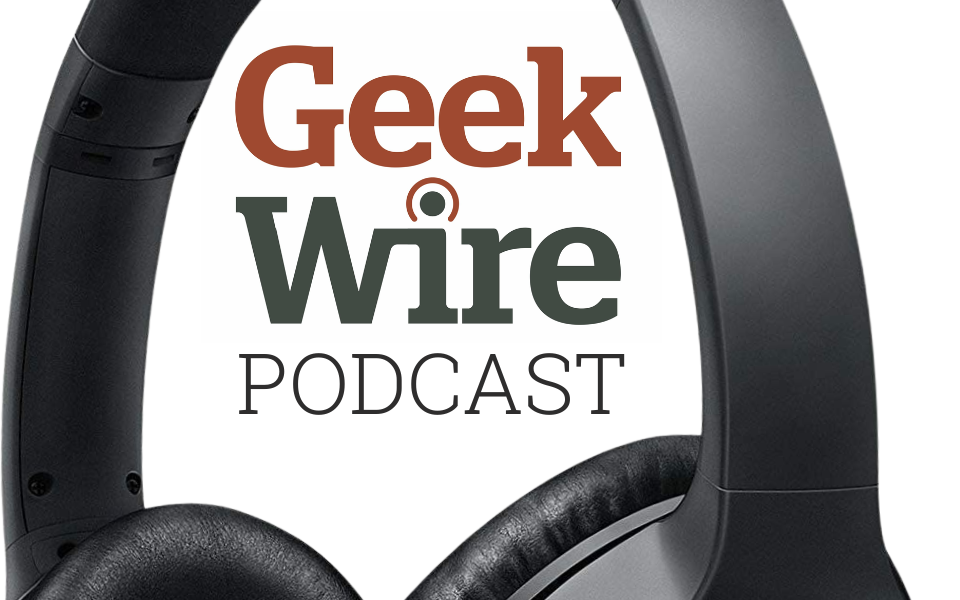Bezos’ Return, Amazon’s Innovations, and Automotive Nostalgia: The Week in Tech
Jeff Bezos has made a dramatic return to the startup world with Project Prometheus, a venture that’s sending ripples through the tech industry. The $6.2 billion initiative focuses on applying artificial intelligence to physical-world problems, instantly becoming one of the most buzzworthy new companies in the sector. What makes this particularly intriguing is not just the massive initial investment—unusual even for someone of Bezos’ wealth and stature—but the air of mystery surrounding the company. Despite its public announcement, basic details like its physical location remain undisclosed. The move echoes Bezos’ earlier days when he regularly launched ambitious ventures from his Seattle base, though it’s clear this isn’t quite the same as his early Amazon days of packaging books on the floor. Project Prometheus represents a seasoned billionaire’s return to entrepreneurial roots, but with the significant advantage of tremendous resources and connections at his disposal from day one. The venture signals Bezos’ continued belief that AI’s most transformative applications will come at the intersection of digital intelligence and physical reality, a vision that aligns with his long-standing interest in robotics and automation.
Meanwhile, Amazon continues its tradition of experimental retail concepts with a new pilot program installing package-return kiosks inside Goodwill stores around the Seattle area. This modest experiment brings a sense of nostalgia for longtime observers of Amazon’s development, reminiscent of when the company would quietly test unconventional ideas in its home market before potentially scaling them nationwide. The partnership seems potentially beneficial for all parties: Amazon gains convenient return locations that might drive foot traffic to Goodwill stores, while customers receive an additional return option that simultaneously supports a nonprofit organization. What makes this pilot particularly interesting is how it combines Amazon’s digital efficiency with the physical retail world—a continuing theme in Amazon’s evolution as it balances its digital origins with the realities of physical goods. The kiosks represent Amazon’s pragmatic approach to solving logistical challenges while potentially creating new customer touchpoints, demonstrating that even as a tech giant, the company maintains its experimental mindset and willingness to test small ideas that might grow into significant operations.
The conversation then shifts to a more personal technological dilemma: whether it makes financial sense to upgrade a beloved 2007 Toyota Camry with modern features like CarPlay, Android Auto, and a backup camera. This seemingly simple question opens up a fascinating discussion about the intersection of technology, value, and emotional attachment to our possessions. On one hand, spending thousands of dollars on upgrades for an aging vehicle might seem financially questionable—perhaps those funds would be better directed toward a newer model with these features built in. Yet there’s something uniquely satisfying about modernizing a reliable, paid-off vehicle that still functions well mechanically. This debate touches on broader questions about consumption patterns, technological obsolescence, and the very personal calculus of when to replace versus when to upgrade. The conversation highlights how technology decisions are rarely made on purely rational grounds—sentiment, familiarity, and individual preferences play significant roles in how we incorporate new technologies into our lives.
The GeekWire Podcast hosts also touch on Seattle nostalgia, reflecting on how the city’s tech landscape has evolved over the years. The mention of a mystery Microsoft shirt serves as a small reminder of the region’s tech history and the artifacts that carry meaning within the industry. Seattle’s transformation from a Boeing town to a major technology hub continues to shape its identity, with companies like Amazon and Microsoft leaving their imprint on both the physical landscape and cultural character of the Pacific Northwest. This nostalgic element of the discussion underscores how quickly the tech world evolves, with today’s cutting-edge innovations becoming tomorrow’s fond memories. The longevity of Seattle-based tech companies contrasts with the fast-paced cycle of startups appearing and disappearing, creating a unique regional identity that balances established tech giants with entrepreneurial energy.
Looking ahead, the podcast team announces an upcoming collaboration with “Me, Myself and AI,” a podcast from MIT Sloan Management Review. This collaboration hints at the growing interdisciplinary nature of technology discussions, particularly as artificial intelligence continues to intersect with business strategy, management practices, and organizational behavior. The mention of this partnership reflects the broader trend of knowledge-sharing across different sectors of the tech ecosystem, recognizing that the most valuable insights often emerge at the intersection of different perspectives and expertise. As AI becomes increasingly central to both business operations and consumer products, these cross-pollinating conversations become more essential for understanding the technology’s full implications and potential applications.
Throughout the podcast discussion, there’s an underlying theme of how technology constantly cycles between disruption and integration—from Bezos launching a new AI venture that could reshape physical industries to the simple question of upgrading an old car with new tech features. The conversation captures the multi-layered nature of the tech world, where billion-dollar initiatives exist alongside small retail experiments and personal technology decisions. What connects these seemingly disparate topics is how technology continually reshapes our environment, experiences, and expectations, requiring both individuals and organizations to constantly evaluate where to embrace change and where to preserve what works. As Bezos returns to startup mode (albeit with unprecedented resources), Amazon continues experimenting with physical retail, and everyday consumers navigate their own technology decisions, we see the full spectrum of how innovation manifests across different scales and contexts—all part of the ongoing story of how technology is integrated into the fabric of our lives.


